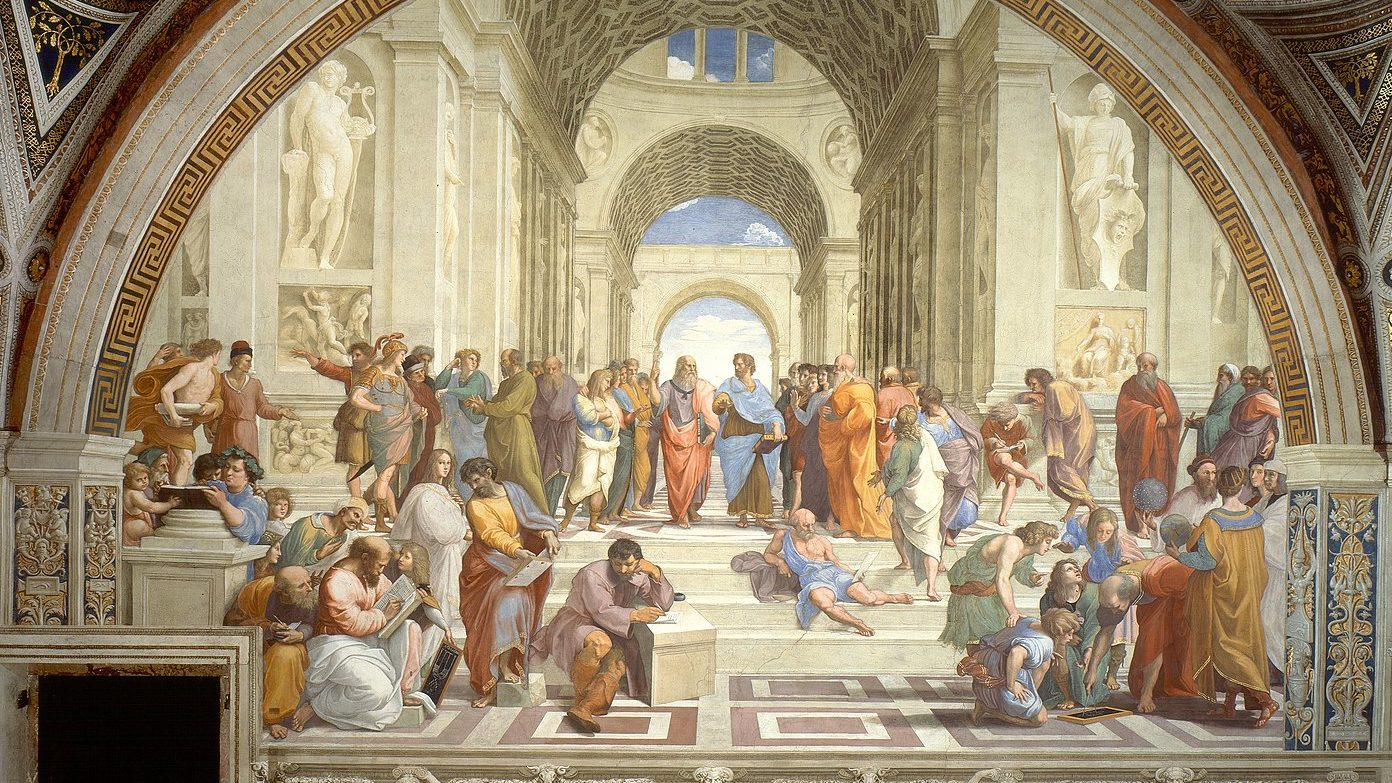In the Shadow of Hegel: How Does Thought Arise Out of Matter?

What’s the Big Idea?
Before neuroscience and quantum physics, there was Georg Wilhelm Friedrich Hegel. The 19th century German idealist revolutionized Western thought, and every great thinker since has been working in his shadow, says Slavoj Žižek, the Slovenian philosopher and cultural critic.
Watch the video interview:
Often seen as a precursor to Marxists and existentialists, Hegel believed that knowledge is not static, but dynamic. In the Hegelian framework, history is a process in which many paradoxes interact and are then synthesized into a unified whole. Reality is mind, and the universe is spirit objectified. It’s one analysis of existence and being.
But what does it mean in a world where cognitive scientists can see brain function on an fMRI scan, capture the visual data, and reassemble it into videos using quantitative modeling? Now that physicists have the god-like power to accelerate tiny particles of matter and throw them at each other just to see what happens, is metaphysical philosophy dead?
What’s the Significance?
Reductionists like Stephen Hawking may give the impression that contemporary science is uniquely capable of answering the big questions, like Does the world have an end? or Where does thought come from? but that’s not the case, says Žižek. Our deep empirical understanding of the material world hasn’t displaced the study of philosophy. It’s made it more relevant.
Which is why he’s calling for the rehabilitation of classical philosophy: for contemporary philosophers to engage with the work of scientists and vice versa. “What is happening, for example, in quantum physics, in the last 100 of years, these things which are so daring, incredible, that we cannot include into our conscious view of reality — Hegel’s philosophy, with all it’s dialectical paradoxes, can be of some help.”
What does philosophy teach us that empirical science does not? The things we know without knowing it, says Žižek, the silent presuppositions that constantly shape and inform our perception. It’s important to be able to observe our surroundings and act on them, but we also need to understand what we’re seeing and why we’re seeing it. “The danger today is precisely a kind of a bland, pragmatic activism. You know, like when people tell you, oh my God, children in Africa are starving and you have time for your stupid philosophical debates. Let’s do something. I always hear in this call there are people starving. I always discern in this a more ominous injunction. Do it and don’t think too much. Today, we need thinking.”
Big Think’s May 2012 Book of the Month is Less Than Nothing: Hegel and the Shadow of Dialectical Materialism, by Slavoj Žižek. For more information, check out our post on the book here.
Video edited and produced by Jonathan Fowler and Elizabeth Rodd. Interview conducted by Megan Erickson. Image courtesy of Shutterstock.





